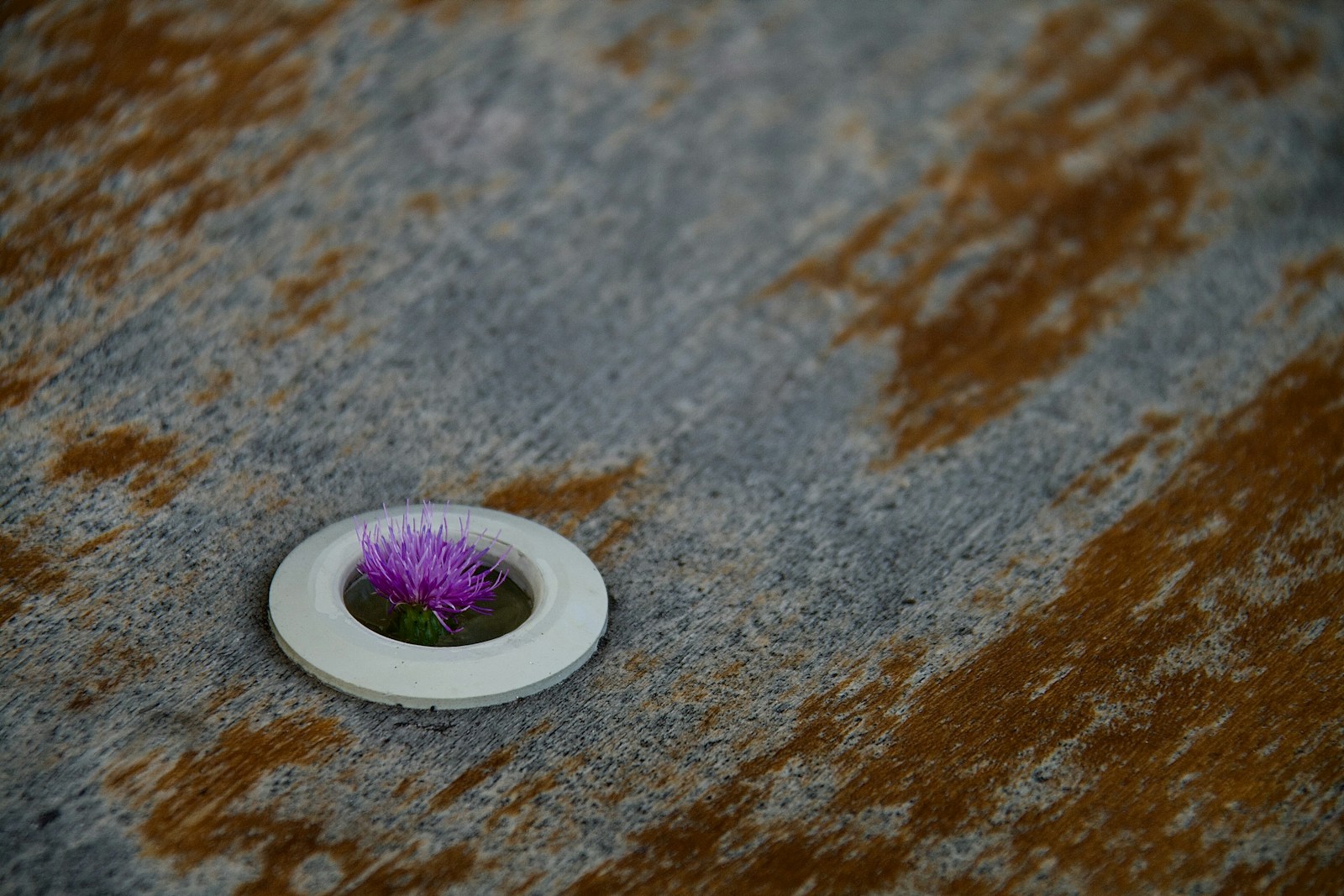
它的
tā de

its
The Chinese word '它的' is the equivalent of the English word 'its'. It is predominantly used as a possessive adjective, standing in for inanimate and non-human objects or ideas. It commonly connects the subject of the sentence with characteristics, properties, or things belonging to it.
Example sentences using: 它的
这个杯子是它的。
zhège bēizi shì tā de.

This cup is its.
This phrase indicates that the cup belongs to some entity that is being referred to by 'it'. The use of '它的' suggests possession.
那只猫在找它的食物。
nà zhī māo zài zhǎo tā de shíwù.

That cat is looking for its food.
In this sentence, '它的' is used to show that the food belongs to the cat, emphasizing the relationship between the cat and its food.
这本书是它的。
zhè běn shū shì tā de.

This book is its.
This example indicates ownership of the book, meaning that the book is associated with someone or something referenced as 'it'.